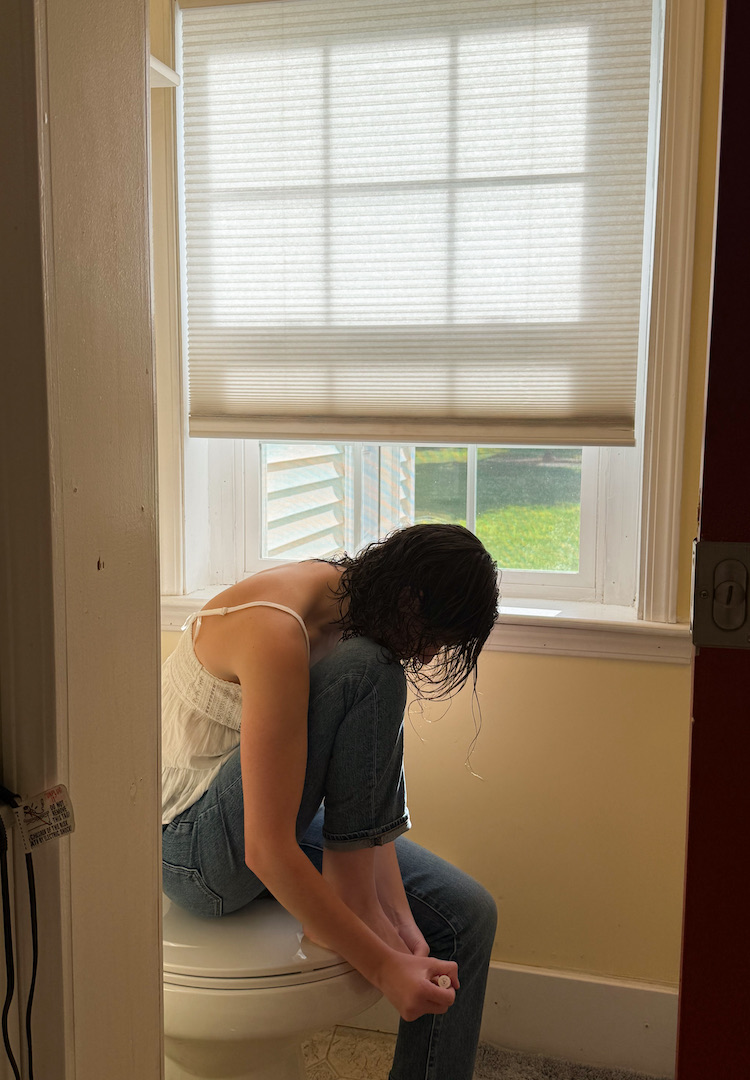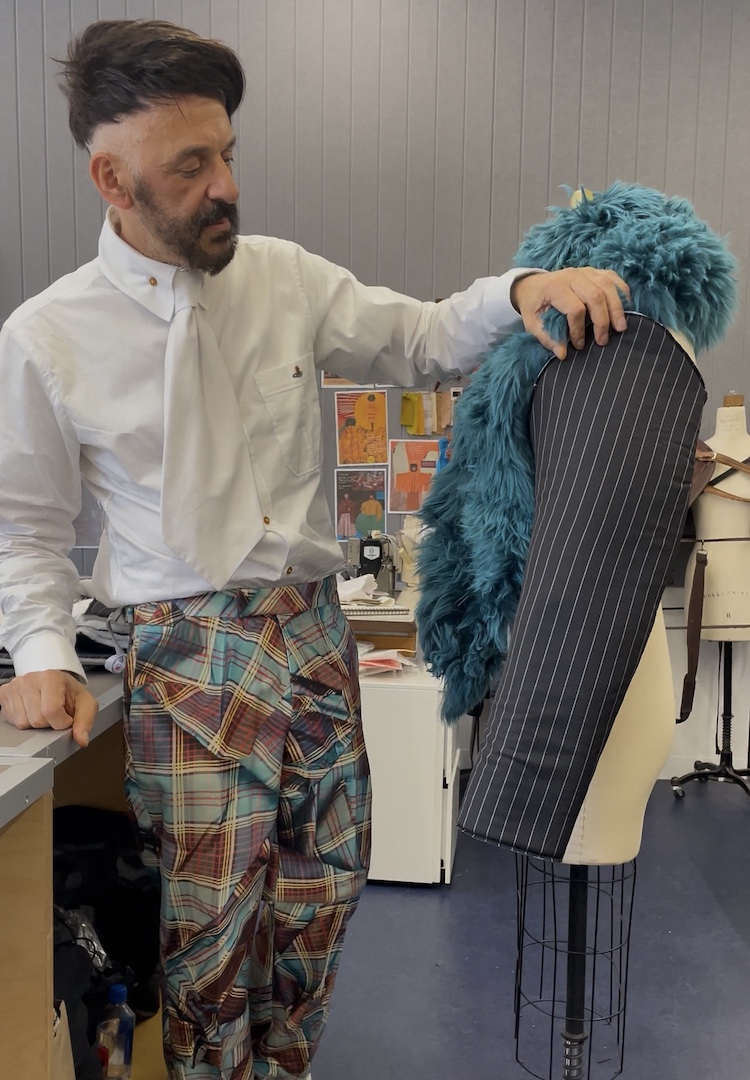From bright to burnout: I was the gifted kid in class, here’s how perfectionism shaped my life
WORDS BY CELESTE MARTINE
“I had the earth-shattering realisation that I was surrounded by people smarter than me. People weren’t impressed anymore.”
I know the pipeline from gifted kid to burnt-out adult all too well. Having grown up being the smart kid who enjoyed school, I spent most of my childhood thinking my intelligence was one of my most redeeming qualities.
My earliest memories of praise were of my family celebrating my academic achievements and milestones. As a result, I grew to believe that my intelligence dictated my worth. I didn’t realise how much I had internalised this academic gratification until my first year of high school.
Looking for more thought-provoking reads? Try our Life section.
After excelling academically, being smart became integral to my identity. Looking back on it now, I realised that was the moment my relationship with perfection took a turn for the worse.
I learnt to seek perfection in everything I did, and if I wasn’t immediately good at something, I wouldn’t pursue it. I had to be perfect, otherwise, what was the point? I’ve realised now that this wasn’t an entirely self-taught concept.
According to one study, researchers can predict a junior athlete’s level of perfectionism by their parents’ perfectionism, even if the parents don’t recognise themselves as perfectionists. I often wonder if this journey had been written in the stars for me. Had it been nature or nurture? And did I ever really stand a chance?
It wasn’t until I reached late adolescence that this search for perfection started to catch up with me. There were many things I was running from at that time in my life, and I used my perfectionism as a distraction from what was really going on.
My need to be perfect became an obsession that wasn’t isolated to my grades. Things reached a boiling point for me around the age of 15 when I developed an eating disorder that I battled with for most of my adolescence and early adulthood.
Eating disorders tend to peak in adolescence, as this is a critical time in development. Luckily for me (eye roll), my teen years coincided with the arrival of Instagram – thank you, Facetune, for adding fuel to the fire.
I can’t blame my experience entirely on the unrealistic expectations of women’s bodies, though. A 2023 study in the journal Appetite also found there to be a consistent link between perfectionism and eating disorders. For me, the two combined and created the perfect storm, sending my life spiralling out of control.
Even now, after years of therapy spent unlearning these patterns, my perfectionism continues to affect my mental health and wellbeing. In fact, a 2020 study found that “perfectionism is a common psychological process in different disorders such as anxiety disorders, depression, obsessive-compulsive disorder (OCD) and eating disorders, and also favours co-occurrence among them”. Go figure?
The ah-ha moment didn’t arrive for me until the summer after I turned 16 when I experienced what I now know to be the first (of many) periods of burnout. I was exhausted and ignoring my body, which decided to take things into its own hands in the form of a brutal, hours-long panic attack.
I remember thinking that everybody knew I was a fake. The image I had worked so hard to build for myself was shattered. When I finally made it home – via two public buses because I was too proud to ask for help – I slept for two days straight, and when the summer holidays started, I couldn’t get myself out of bed. When I think back to that time, the scariest part is the nothingness I felt inside. I had no idea who I was outside of the persona I had created for myself.
That heaviness didn’t leave me when school started up again. It was year 11, and I had 20 per cent attendance, but I was still getting high grades and passing my assessments, so I didn’t have a reason to try and do better for myself. When I was challenged, I didn’t have the tools I needed to cope.
This became clearer during my first year of university. I had the earth-shattering realisation that I was surrounded by people smarter than me. People weren’t impressed anymore. This led to a vicious cycle of perfectionism and burnout. I was studying full-time, working full-time and wondering why I kept missing the mark (literally).
My academic life was summed up very poetically, albeit ironically, when I missed out on graduating with a distinction by half a point. This, I feel, also neatly sums up my experience in life, almost excelling but never quite being enough. So where does that leave me now, as an adult?
Still battling the ebbs and flows of burnout, I’m now having to go back to basics. Instead of learning coursework, I’m learning the importance of a good night’s sleep and a solid routine. I’m making time to practice and permitting myself to fail. It’s been a journey of ups and downs, and I don’t know if I’ll ever quite perfect it. But I know where my quest for perfection has gotten me, so I don’t know if that’s the goal anymore.
For advice on dealing with burnout, head here.













